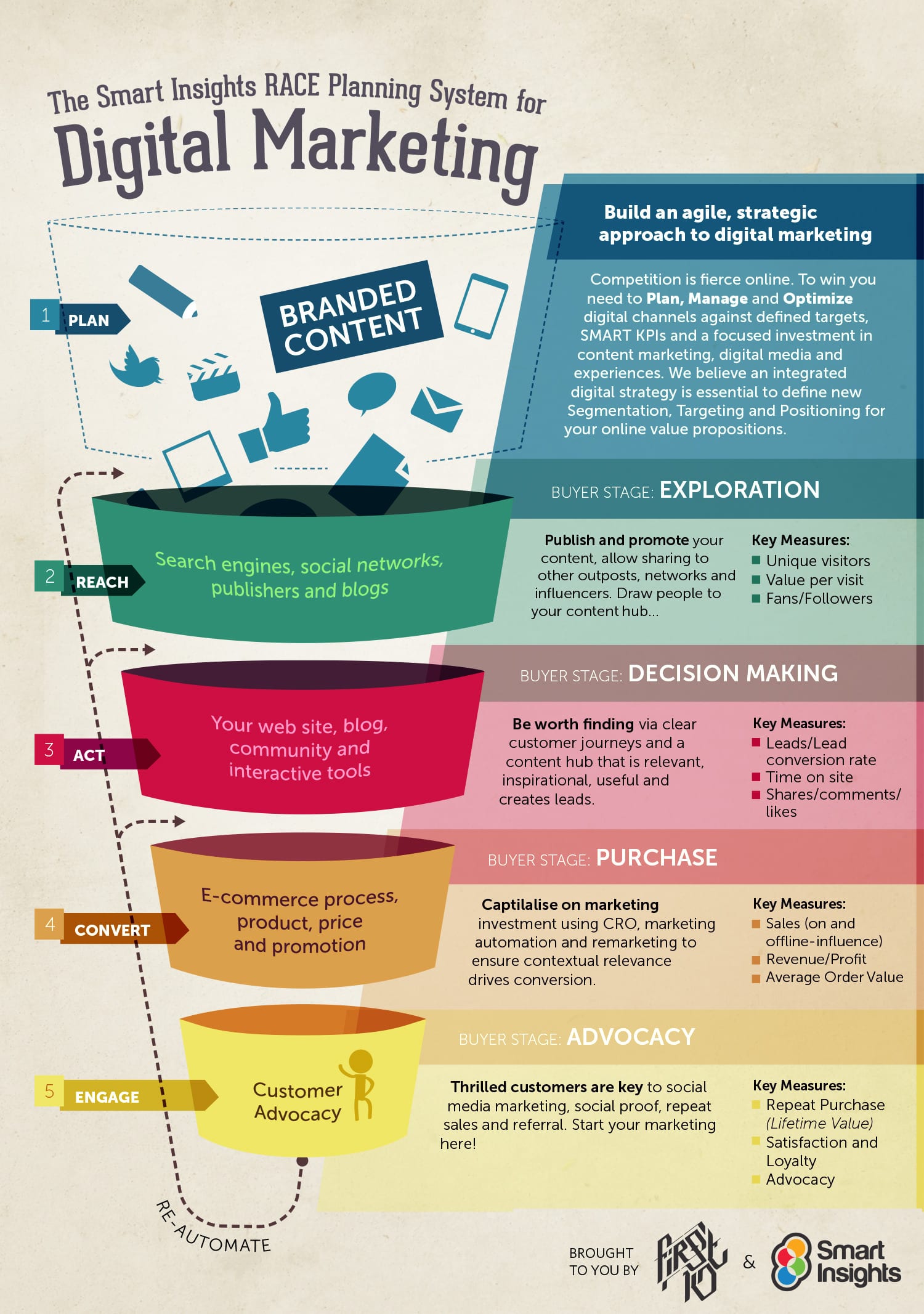Unlocking Success: Strategies for Profitable Ventures
Navigating the Startup Landscape
In the fast-paced world of startups, navigating the landscape can be daunting, especially when it comes to maximizing returns and achieving profitability. However, with the right strategies and approaches, startups can unlock their full potential and pave the way for long-term success and growth. From identifying lucrative opportunities to optimizing operations and leveraging resources effectively, there are several key factors that can contribute to maximizing returns in startup businesses.
Identifying Lucrative Opportunities
One of the first steps in building a profitable startup is identifying lucrative opportunities in the market. This involves conducting thorough market research, analyzing industry trends, and identifying gaps or underserved needs that present opportunities for innovation and disruption. By pinpointing areas of high demand and low competition, startups can position themselves for success from the outset and maximize their chances of achieving profitability.
Developing a Strong Value Proposition
Once a promising opportunity has been identified, the next step is to develop a strong value proposition that resonates with customers and sets the startup apart from competitors. This involves clearly defining the problem or pain point that the startup aims to solve, articulating the unique benefits and advantages of the product or service, and communicating this value proposition effectively to the target audience. By offering a compelling value proposition, startups can attract customers, generate interest, and drive demand for their offerings, ultimately leading to increased sales and profitability.
Optimizing Operations and Efficiency
In addition to developing a strong value proposition, startups must also focus on optimizing operations and efficiency to maximize returns and profitability. This involves streamlining processes, reducing costs, and increasing productivity across all aspects of the business, from production and distribution to marketing and sales. By eliminating inefficiencies, automating repetitive tasks, and leveraging technology, startups can minimize overhead expenses and maximize the value generated from each dollar invested, ultimately boosting profitability and driving growth.
Leveraging Resources Effectively
Another key factor in maximizing returns in startup businesses is leveraging resources effectively to achieve maximum impact and results. This involves carefully allocating capital, human resources, and other assets to areas where they can generate the highest returns and create the most value for the business. Whether it’s investing in marketing campaigns to drive customer acquisition, hiring top talent to drive innovation, or optimizing supply chain management to reduce costs, startups must prioritize resource allocation and make strategic decisions that align with their growth objectives and profitability targets.
Fostering a Culture of Innovation and Adaptability
In today’s rapidly changing business environment, startups must also foster a culture of innovation and adaptability to stay ahead of the curve and maximize returns. This involves encouraging experimentation, embracing failure as a learning opportunity, and empowering employees to think creatively and take calculated risks. By fostering a culture of innovation, startups can uncover new opportunities, respond quickly to market changes, and stay ahead of competitors, ultimately driving long-term success and profitability.
Embracing Continuous Improvement
Finally, maximizing returns in startup businesses requires a commitment to continuous improvement and optimization across all aspects of the business. This involves regularly reviewing performance metrics, analyzing data, and identifying areas for improvement, whether it’s refining product offerings, enhancing customer experiences, or streamlining internal processes. By embracing a mindset of continuous improvement, startups can adapt to changing market conditions, capitalize on new opportunities, and position themselves for sustained success and profitability in the long run. Read more about most profitable start up business





